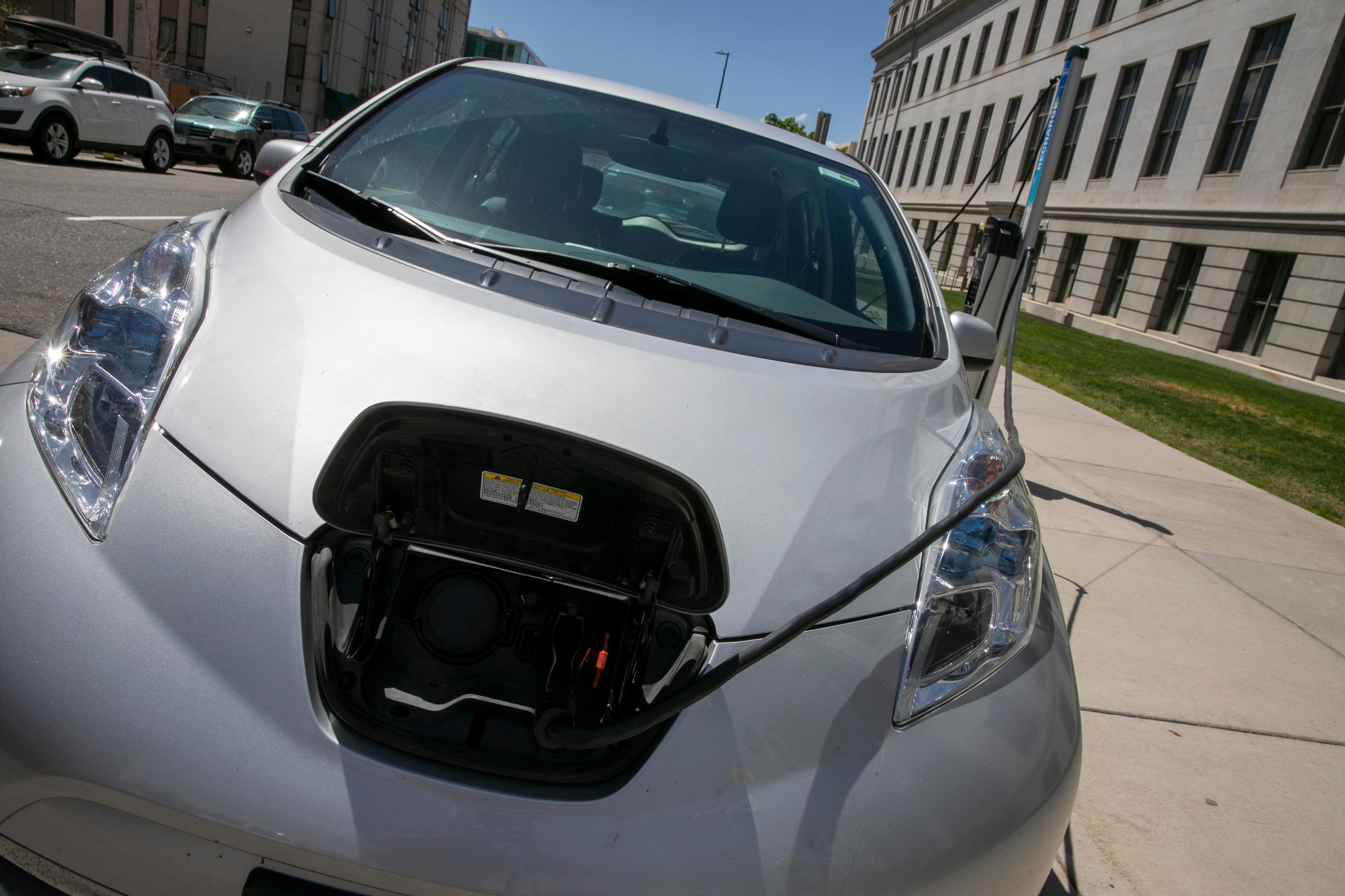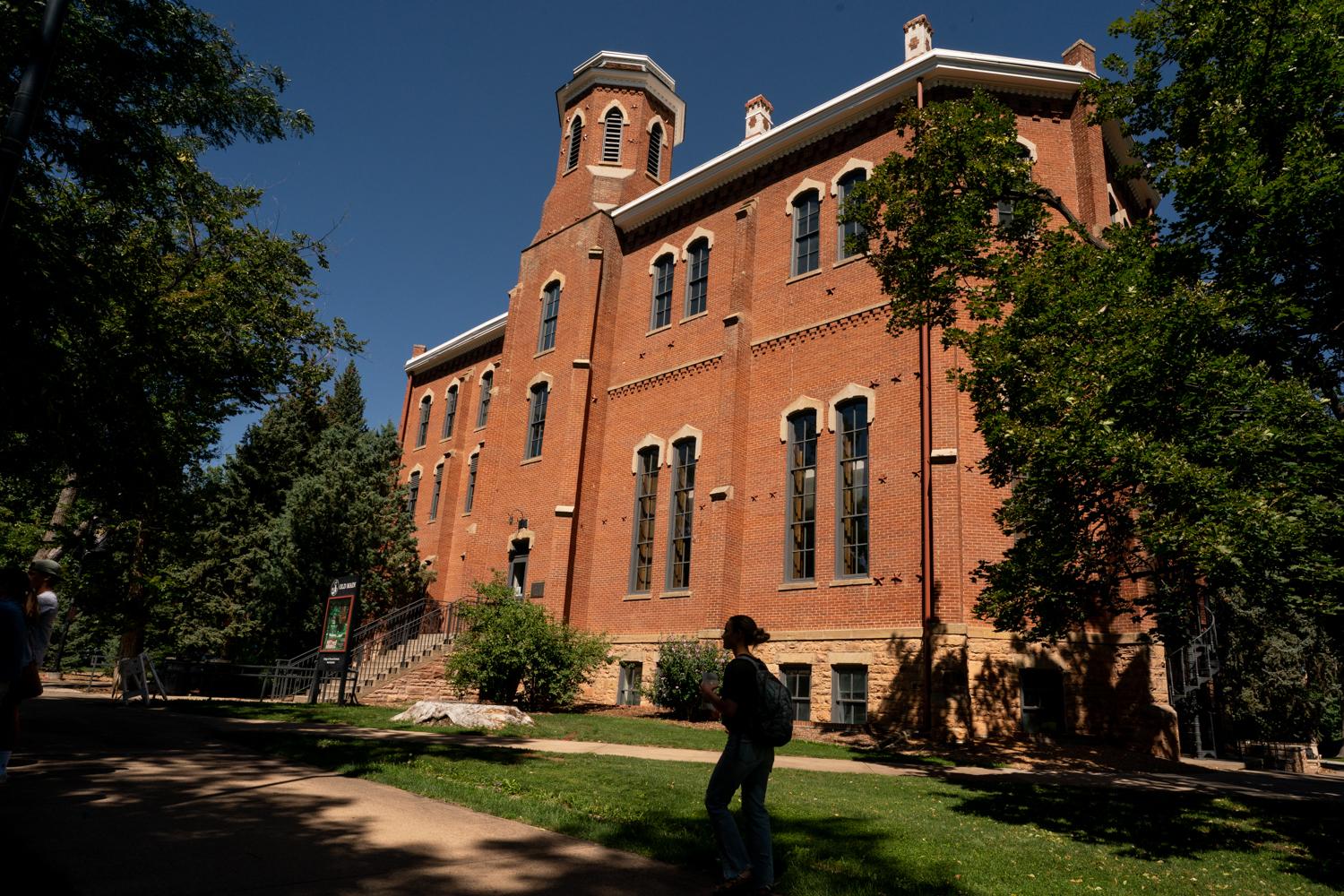
The Colorado Public Utilities Commission on Wednesday approved a $110 million dollar proposal from Xcel Energy to increase the state’s electric vehicle infrastructure. The move aligns with a state goal to put nearly a million EVs on Colorado’s roads by 2030 as part of an overall effort to mitigate the effects of climate change.
“Xcel filed a plan to accelerate Colorado’s transition to vehicle electrification,” Colorado Energy Office Director Will Toor said in a press release. “With today’s decision, the PUC tapped the accelerator. The decision clearly keeps Colorado moving forward toward vehicle electrification by providing important investment in EV infrastructure.”
In its approval the commission asked Xcel to put an emphasis on programs to benefit low income individuals and communities impacted by vehicle pollution. That includes rebates for low income Coloradans to buy electric cars and for the installation of home-based charging stations.
“We would expect that anyone who is considering installing a charger at their home will be able to use a $500 rebate that was approved within this plan to help support their costs for wiring and the charger itself in their home,” said Xcel Environmental Policy Director Jack Ihle.
The utility said the new $110 million program will cost ratepayers an average of 55 additional cents per month, though Xcel anticipates the program could begin to pay for itself within the first year. Critics have suggested the extra cost could hurt low income families already struggling in the recession brought on by the COVID-19 pandemic.
Xcel, Colorado’s largest electric utility, has labeled a lack of charging infrastructure as a key barrier to widespread adoption of EVs. The new investment approved by state regulators also provides support for electrifying vehicle fleets, such as school buses.
Xcel had to submit the plan after a bipartisan 2019 state law that posited, “Widespread adoption of electric vehicles is necessary to diversify the transportation fuel mix, improve national security, and protect air quality.” The law mandated utilities help the state meet its vehicle electrification goals.
CPR News’ Ryan Warner contributed reporting to this story.








